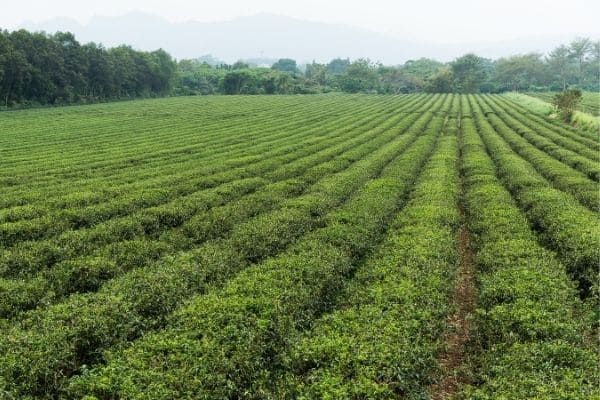SOCIAL FUNCTION OF LAND AND DISTRIBUTION
The State exercises original dominion over all land, meaning it is the sole entity authorized to distribute, regroup, and redistribute land. This authority is guided by criteria of economic and social necessity, with the goal of promoting integrated rural development.

HOW TO LEGALLY ACQUIRE AGRICULTURAL LAND
Labor is the fundamental mechanism for acquiring land ownership. This principle recognizes productive effort as the legitimate origin of property rights in the rural context.
Other legal means of acquiring agricultural land—provided they are compatible with its agrarian nature—include:
- Regulated purchase and sale.
- Legitimate inheritance.
- Allocation through land titling processes.
- Other mechanisms established under special laws.
This principle has significant implications: a person who does not work the land, even if formally registered as the owner, may lose their ownership rights if land abandonment is proven.
PRODUCTIVE USE AS A REQUIREMENT TO MAINTAIN LAND OWNERSHIP
The right to agricultural property is conditional upon its effective use. Land that is left idle or abandoned is subject to reversion to the State, in accordance with specific regulations.
This is enforced through periodic inspections in rural areas to verify whether land fulfills its social and economic function. If it does not, the land may be redistributed to individuals or communities who are actively working it.
ELIMINATION OF LATIFUNDIA AND MINIFUNDIA
Under current law, latifundia (large unproductive landholdings) are not recognized as legitimate forms of land tenure. The State is responsible for eliminating such holdings by subdividing them to promote agrarian justice.
Key governmental measures to prevent latifundia and minifundia include:
- Subdivision of large, unproductive estates.
- Prohibition on dividing peasant family plots.
- Promotion of cooperative farming systems.
- Mandatory regrouping of dispersed land plots.
These actions aim to ensure that land is used efficiently, productively, and in a socially equitable manner.
RESTRICTIONS ON INDIRECT EXPLOITATION OF AGRICULTURAL LAND
To protect the rights of small-scale producers, indirect exploitation of land is prohibited for certain types of property. In the case of small properties and peasant family plots, the following are not allowed:
- Leasing.
- Sharecropping.
- Partnerships for joint cultivation.
- Any other form of indirect land use.
This rule ensures that land use is directly tied to the owner’s labor, reducing intermediaries and strengthening local food sovereignty.
SPECIAL LAWS REGULATING AGRICULTURAL PROPERTY
The regulation of agricultural land goes beyond the general framework of the Civil or Agrarian Code. Special laws—such as the INRA Law and other agrarian reform regulations—apply in a complementary manner. These provisions offer a more tailored approach to rural realities and existing forms of social organization in the country.
In conclusion, Bolivia’s current agrarian legal framework establishes a clear structure that prioritizes labor as the foundation of ownership, combats both concentration and unproductive fragmentation of land, and prohibits indirect exploitation. This approach strengthens social justice, promotes food security, and affirms the State’s role as guarantor of equitable access to rural resources.
If you need legal assistance regarding land ownership or agrarian regulations in Bolivia, our law firm offers specialized advisory services. Contact us for professional support.
Frequently Asked Questions (FAQs)
Can I lose my agricultural property if I do not work the land?
Yes. If the land does not fulfill its social and economic function, the State can revert ownership.
What does it mean that labor is the basis of agricultural property rights?
It means that only through the direct and productive use of the land can ownership rights be acquired and maintained.
Is the purchase of agricultural land allowed?
Yes, as long as it complies with legal regulations and aligns with the agricultural function of the land.
Can a peasant family plot be inherited?
Yes, but it cannot be divided. Its indivisibility is protected by law to prevent the creation of minifundia.
Can I lease my land to someone else if I can no longer work it?
No, not in the case of peasant family plots or small properties. The law prohibits indirect exploitation in these cases.
The content of this article does not reflect the technical opinion of Rigoberto Paredes & Associates and should not be considered a substitute for legal advice. The information presented herein corresponds to the date of publication and may be outdated at the time of reading. Rigoberto Paredes & Associates assumes no responsibility for keeping the information in this article up to date, as legal regulations may change over time.


